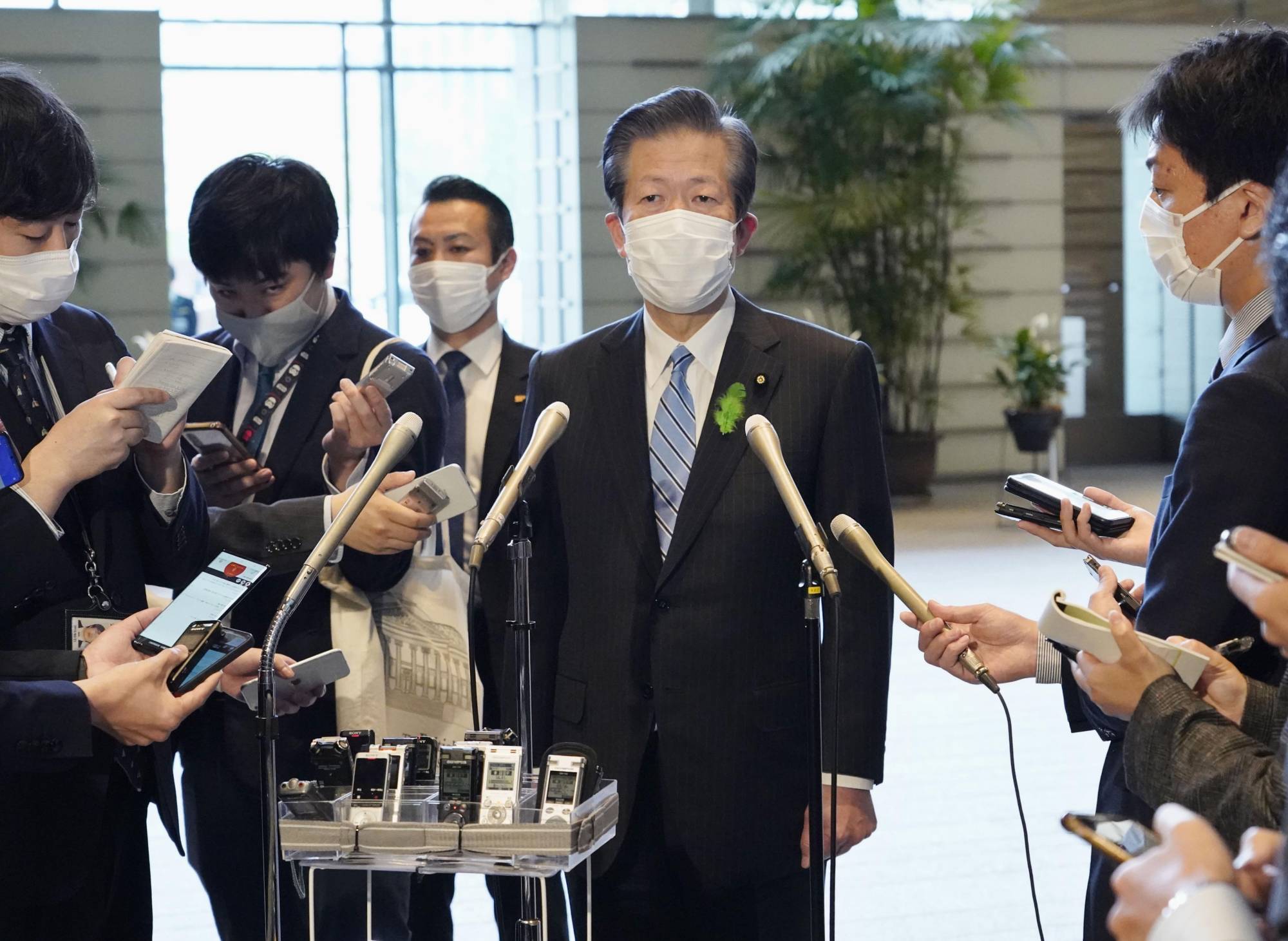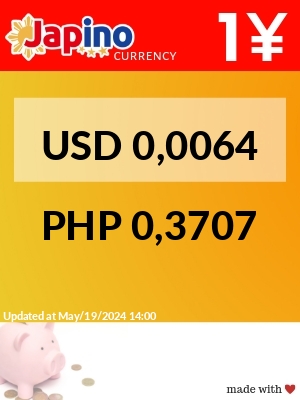Government Considers Cash Handouts for Children in Low-income Families

Japan is considering a cash handout program of ¥50,000 ($390) per child for low-income households as part of the government’s economic package to cushion the impact from rising prices caused by Russia’s invasion of Ukraine, according to sources with knowledge of the plan.
The package would also include more subsidies for oil wholesalers to bring down retail gasoline prices, and financial assistance to struggling smaller firms and to livestock farmers hit by higher feed costs as the war in Ukraine has sent grain prices surging, the sources said Wednesday.
The government is weighing expanding the already implemented ¥100,000 cash handout program for struggling households that have been exempt from residential tax payments due to low income since this month.
The ruling coalition of the Liberal Democratic Party and Komeito is speeding up work to bridge their differences as Prime Minister Fumio Kishida aims to announce details of the relief package possibly next week.
A major sticking point is how the envisaged package will be funded as the LDP has resisted calls from Komeito for drafting a supplementary budget for the current fiscal year that began this month.
Kishida, who heads the LDP, has said the use of reserve funds in the state budget will do. The government and the LDP want to funnel over ¥2 trillion from the ¥5.5 trillion in reserve funds for the relief package, according to the sources.
The secretaries-general of the ruling parties will seek to resolve the funding issue, Komeito chief Natsuo Yamaguchi told reporters after visiting Kishida at the prime minister’s office on Wednesday.
The ¥50,000 cash handout program, likely using about ¥200 billion in the reserve funds, is designed to support each child aged 18 and younger from a single-parent family or a household that has been exempt from residential taxes due to low income, according to the sources.
The measures are meant to address growing concern about the negative impact of rising energy and food prices on households at a time of an anemic economic recovery from the COVID-19 pandemic.
The yen’s sharp fall has also aggravated the pain for resource-poor Japan as a weak yen inflates import costs.
To mitigate the impact of higher fuel costs that threaten to cool consumer sentiment, the government is planning to raise the amount of subsidies for oil wholesalers from the current ¥25 per liter, the sources said.
The cash handout plan, although limited in scope, could still be taken by critics and opposition lawmakers, as a cash splurge ahead of the House of Councillors election, expected in July.
An earlier idea in the ruling coalition to give cash handouts to older people hit by a fall in public pension benefits was scrapped in the face of similar criticism.
The government and the LDP-Komeito coalition are leaning toward the view they can gain public support as long as the target of cash handouts is limited to struggling households and child-rearing families, the sources said.








